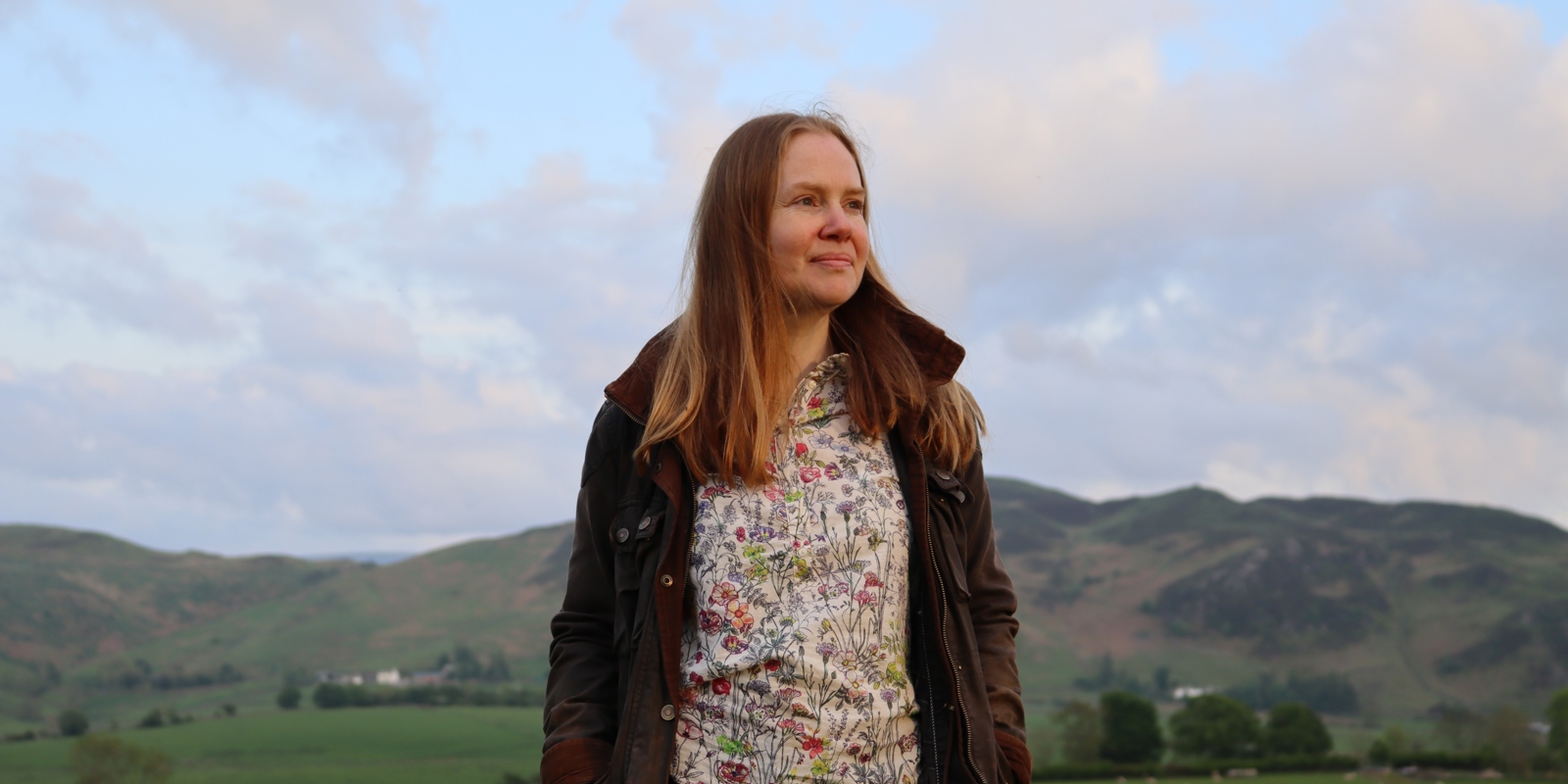Budget 2020: an overview
Fri 13 March 2020
This week, Rishi Sunak announced his first budget as Chancellor; here, our team comment on how decisions and allocations will affect our clients across the agriculture, commercial and planning industries.
Agriculture
John Turnbull, Chairman
Whilst the budget was largely focussed around the current pandemic; ensuring our health and economy has the funds it needs to sustain and recover from COVID-19, it was excellent to see that funding was being allocated to ensuring that businesses, no matter what their nature, received some level of assistance to look to the future. Whilst some may think our agricultural clients are generally farmers, many have diversified into the leisure and tourism industry; it is a relief to many to know that support is there for them in this time of crisis.
In keeping with looking to the future, I would like to highlight the allocation of £640m towards the planting of forests and the peatland restoration; great news for our clients that are looking for avenues to increase their environmental productivity in light of the impending Agriculture Bill. However, whilst the intention to work with farmers and landowners is there, we will have to wait to see how and where they allocate sites, as well as how they plan to financially support and compensate those that will be trading in their valuable farmland.
There were, of course, allocations on the agenda that we’ve heard before. For example, the investment of £510m into the shared rural mobile network to create a nation with 95% 4G coverage. I am not saying that this is a negative, however, it is likely that the 5% will cover the most remote rural areas; those areas that have been promised improved connectivity for years and years.
The news that the government will be doubling investment into flood defence is extremely welcome, particularly given the current situation in the Midlands, Wales and South Yorkshire. Flooding has caused long term, and in some cases irreversible damage across all businesses, particularly agriculture.
The government promised to deliver on the improvement of our transport infrastructure and Sunak has announced that the government will be pressing ahead with the £27bn programme of roadbuilding over the next five years. It will be very interesting to see how this will affect us in the North. It has been reported that they will be ‘considering’ ways to improve the A1/A19 North of Newcastle, as well as the A1 from Doncaster to Darlington. However, is ‘considering’ enough? As a region, we have been let down time and time again during these scheme proposals, causing a huge deal of inconvenience to our clients who will be giving up their property to allow schemes to go ahead.
BREXIT has had a huge impact on the agriculture industry, who rely on financial support from the EU for 50-60% of their income (Dr Alan Greer, Associate Professor in Politics and Public Policy at UWE Bristol). The replacement of CAP payments, the Agriculture Bill, is yet to be passed, therefore the future of farming remains uncertain. Additional costs to the industry would be detrimental, not only to the farmers themselves, but on UK production and land management. We would therefore like to thank industry bodies such as the NFU and CLA who lobbied against rumours of abolishing the red diesel fuel subsidy; thankfully, the government have retained the relief for farmers and fishermen, if this wasn’t the case, clients will have seen around a 50% increase in their machinery fuel costs.
Planning and Development
Richard Morgan, Planning and Development Consultant
We welcome the allocation of £1.1 billion to be spent on local infrastructure to unlock delivery of almost 70,000 new homes. It is extremely important that there is a balance between investing in housing development and the infrastructure that supports it. We will have to wait until the release of the Planning White Paper to fully understand how the Government intends to deliver on its promises.
As for what we’re hoping to see in the White Paper, whilst the aims of the proposed reforms are to be commended, it is important that any wholesale change does not in fact create further confusion and uncertainty. The planning system is extremely difficult to navigate in the current climate and has become a costly and timely process, particularly for businesses. As mentioned, in order to support the creation of new housing developments, we must support the infrastructure around it; right now, businesses looking to deliver those resources as facing a lot of barriers. That needs to change.
We’re also hoping to see the planning process speed up. Measures to accelerate planning and maximise the potential of new technologies to modernise the system are to be supported. We are hoping to see it streamlined, inevitably making a faster and fairer system for all.
Commercial Property
Michael Blake, Director
Of course, given the global pandemic, the budget began by addressing how we will protect our health and economy against coronavirus. I was particularly interested in what Mr Sunak would announce regarding help towards businesses; it is a well-known fact that the high street and the retail sector in general has been underperforming for a long while. A crisis such as this has the potential to cripple many smaller retail businesses. Mr Sunak announced that business rates would be abolished for one year for those businesses with a rateable value of under £51,000. This is a welcome relief to many, however, we must look at those larger retailers, such as Debenhams and House of Fraser; which have faced either pre-pack or full administration and have had to close multiple stores across the UK in the last year or so. Not only do these businesses employ thousands of UK citizens, they also help to fund small business rates relief. With rising wages and running costs, how are they expected to survive?
It will be interesting to see whether Mr Sunak sticks to his word and reviews business rates in the Autumn.





Share this with
Email
Facebook
Messenger
Twitter
Pinterest
LinkedIn
Copy this link